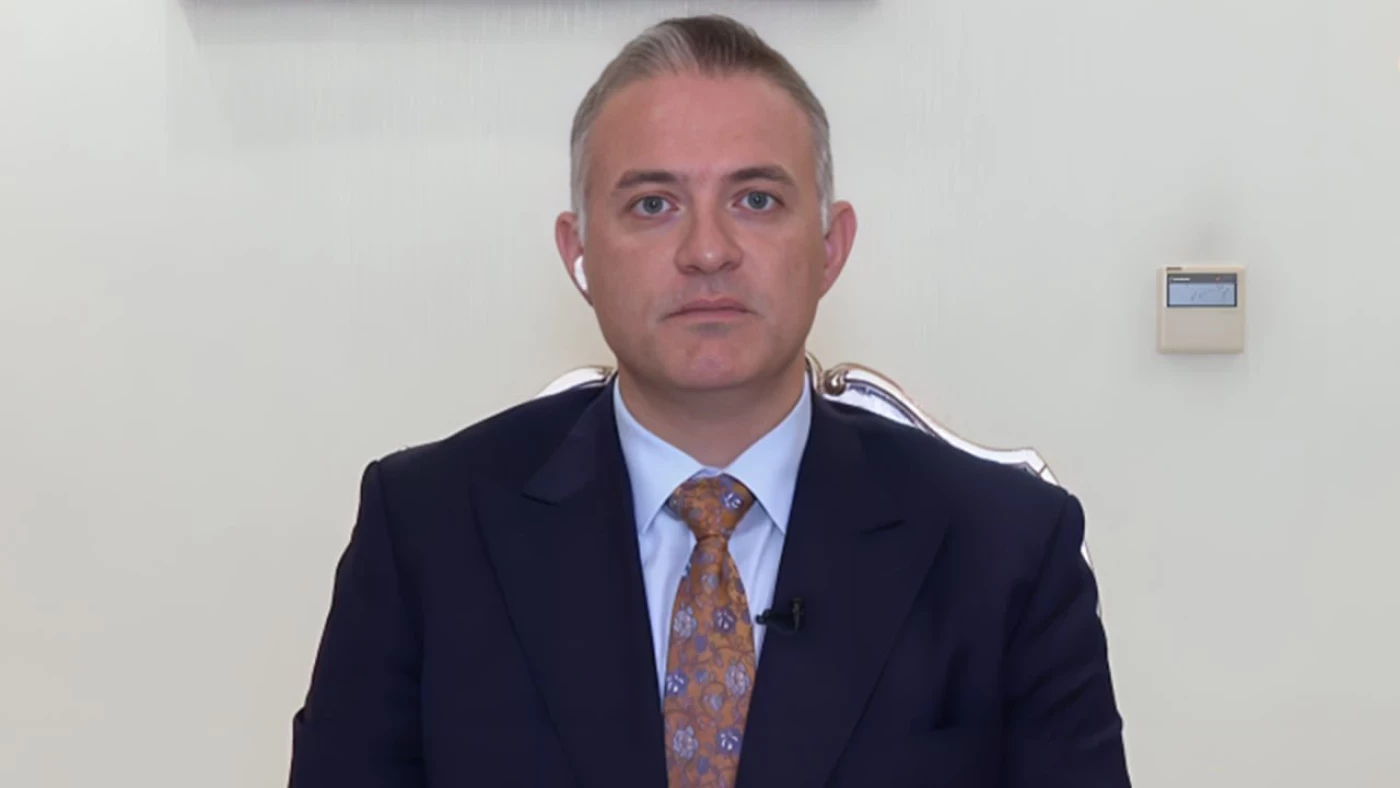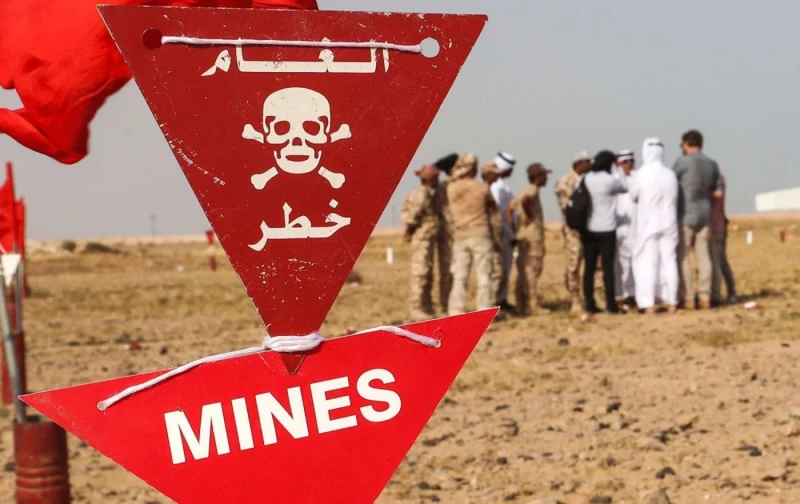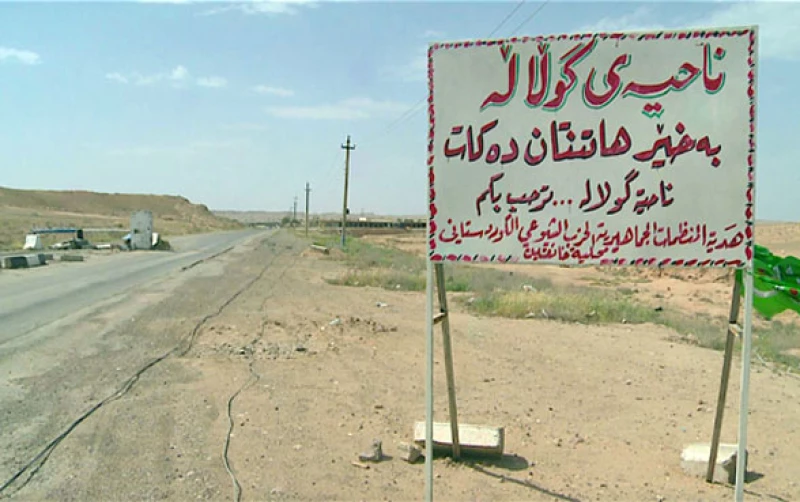ERBIL, Kurdistan Region of Iraq - Member of the Iraqi parliament Amanj Harki said on Saturday that all outstanding issues between Baghdad and the Kurdistan Region will be resolved very soon, coming after months of delays caused by political and technical disputes.
Tensions between Baghdad and Erbil have run high in recent months, with the federal government in May suspending funding for the Region for the rest of 2025, claiming that it had already exhausted its share of the annual budget. Deemed “a political decision” by Kurdish authorities, the cut-off jeopardizes the livelihoods of the Region’s over one million salaried workers for the remainder of the year. The move came after a long-standing dispute between the federal state and the Region over oil exports, with the former claiming the latter has failed to hand over revenues to Baghdad.
Speaking to The New Region, the Kurdistan Democratic Party (KDP) representative Harki said there are three main reasons that have slowed down the dispute resolution process. “There are sides that are creating obstacles and preventing the payment of salaries to employees in the Kurdistan Region,” he said. “The second reason is technical, related to the cost of extracting oil in the Region. The price was raised from $6 to $16 per barrel in the budget, and some companies were unhappy and demanded guarantees for their payments. The third reason is Baghdad’s insistence that the Region hand over all oil revenues to the SOMO [State Organization for Marketing of Oil] company.”
“I’m optimistic that all the problems will be resolved very soon,” he said. “Our main goal is to secure salaries for the past two months and for the coming period, and to reduce the financial burden on the people.”
A technical delegation from Baghdad has arrived in Erbil to discuss the salary issue and the possibility of restarting oil exports from the Kurdistan Region, with a high-level political delegation also expected to arrive soon.
Harki said solving the salary issue is closely linked to restarting oil exports through the Ceyhan port in Turkey. “The federal government has been looking for a reason not to pay salaries for the past two months, using the excuse that the Region is not handing over oil revenues to SOMO,” he said.
He added that oil exports, which have been suspended for more than two years, are the main source of income for the Kurdistan Region. The upcoming meetings in Erbil aim to reach a final agreement that would allow exports to resume and lead to the payment of public sector salaries.
One of the key points in the meetings will be the pricing of oil extraction in the Region, Harki said. The outcome of these talks will be announced in the coming days.
The MP noted that the Kurdistan Region follows OPEC’s (Organization of the Petroleum Exporting Countries) production guidelines and that restarting exports would allow oil companies to return, boosting economic activity and development.
Harki also said some groups are trying to limit the Region’s constitutional powers and its international relations. He stressed that Kurdish lawmakers are working within the constitution to resolve the situation through dialogue with political blocs in Baghdad and to keep the people of the Region informed.
Regarding Iraq’s upcoming parliamentary elections, Harki said the vote will be different from previous ones. “Geopolitical changes in the region will affect the election process,” he said. “All political parties will need to rethink their strategies moving forward.”
Exports of the Kurdistan Region’s oil through the Turkish Ceyhan pipeline were halted in March 2023 after Ankara lost a case against Baghdad in a Paris-based arbitration court. The case accused Ankara of breaching a 1973 agreement by allowing the Kurdistan Regional Government to start selling oil independent of Baghdad.



 Facebook
Facebook
 LinkedIn
LinkedIn
 Telegram
Telegram
 X
X


